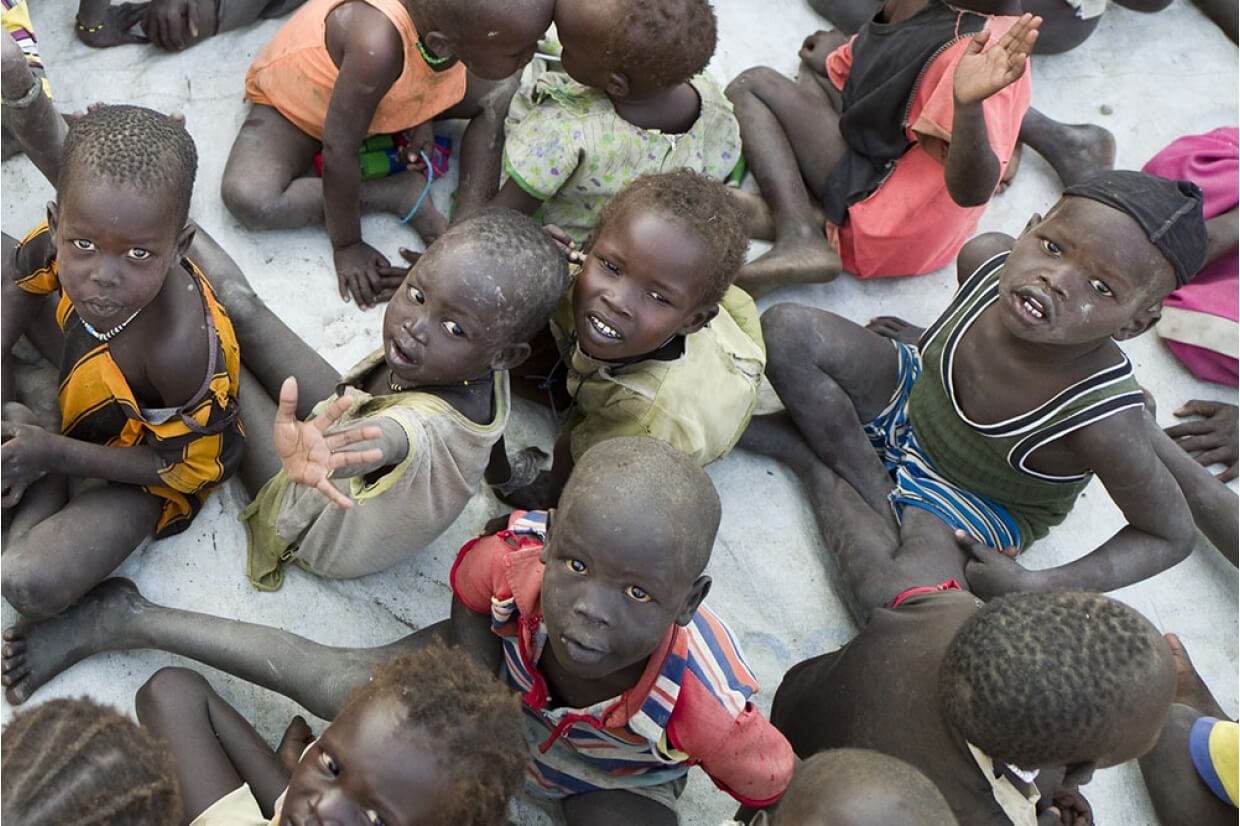- About
- Topics
- Picks
- Audio
- Story
- In-Depth
- Opinion
- News
- Donate
- Signup for our newsletterOur Editors' Best Picks.Send
Read, Debate: Engage.
| topic: | Food Security |
|---|---|
| located: | Kenya, South Africa, Nigeria |
| editor: | Bob Koigi |
Over 33 million African farmers, who produce up to 70 per cent of the continent's food, face typical challenges to food production, such as pests, diseases, poor farm gate prices, and post-harvest losses.
Despite agriculture being a significant contributor to the national purses of most African countries and a source of livelihood for millions of people, predominantly rural households, the sector has been choking under traditional threats and emerging ones, which threaten food and nutrition security and economic empowerment for the millions across the value chain who rely on it.
The adverse impacts of climate change have strained an already struggling system with absent rains, prolonged droughts and flooding.
The disruption of food production cycles has forced Africa to rely on food imports, stunting economic growth across the continent.
But alive to these challenges, African initiatives are sheltering smallholder farmers, who form the lion's share of food producers, from the vagaries of weather.
One such way is through weather-based crop insurance schemes, guaranteeing farmers payouts in calamities while strengthening adaptation and resilience.
Kenya, South Africa, and Nigeria have introduced crop insurance mechanisms, mainly targeting small-scale farmers at the height of the climate crisis. Despite this progress, up to 97 per cent of African farmers have yet to hold agricultural insurance.
These efforts have been collaborative, with private sector players taking the driver's seat supported by government policies and financing from development partners. Technological applications like satellite imagery and artificial intelligence have bolstered the initiatives, ensuring farmers receive timely and accurate payouts.
Crop insurance schemes have been pivotal in boosting investment in Africa's agri-food systems. They help farmers build safety nets and increase insurance uptake in regions where adoption is poor.
The African Development Bank, the continent's multilateral development finance institution, is keen on boosting its food security drive. It has launched a $1 billion fund to protect 40 million African farmers from climate change impacts.
The scheme, betting on partnerships from governments, multilateral financing institutions, the private sector, development partners, insurance companies and players across the agricultural industry, comes as the continent experiences unprecedented climate change consequences that have periodically wiped harvests and decimated livelihoods.
As Africa works towards insuring its crop producers and supporting a sector that is vital to its people, scheme implementers must have metrics in place to ensure that the right farmers benefit from the cover. These metrics should also ensure that the farmers are involved in and trained on how crop insurance works. Moreover, transparency should be embraced in premium payment for the schemes to be successful.
One way to make the initiatives sustainable is to tap into technologies like artificial intelligence and machine learning developed by African innovators specific to Africa.
Ultimately, crop insurance can go a long way in building resilience and motivating farmers to produce more because it guarantees harvests and continuity amidst climate shocks.
Image by Adele Payman.

